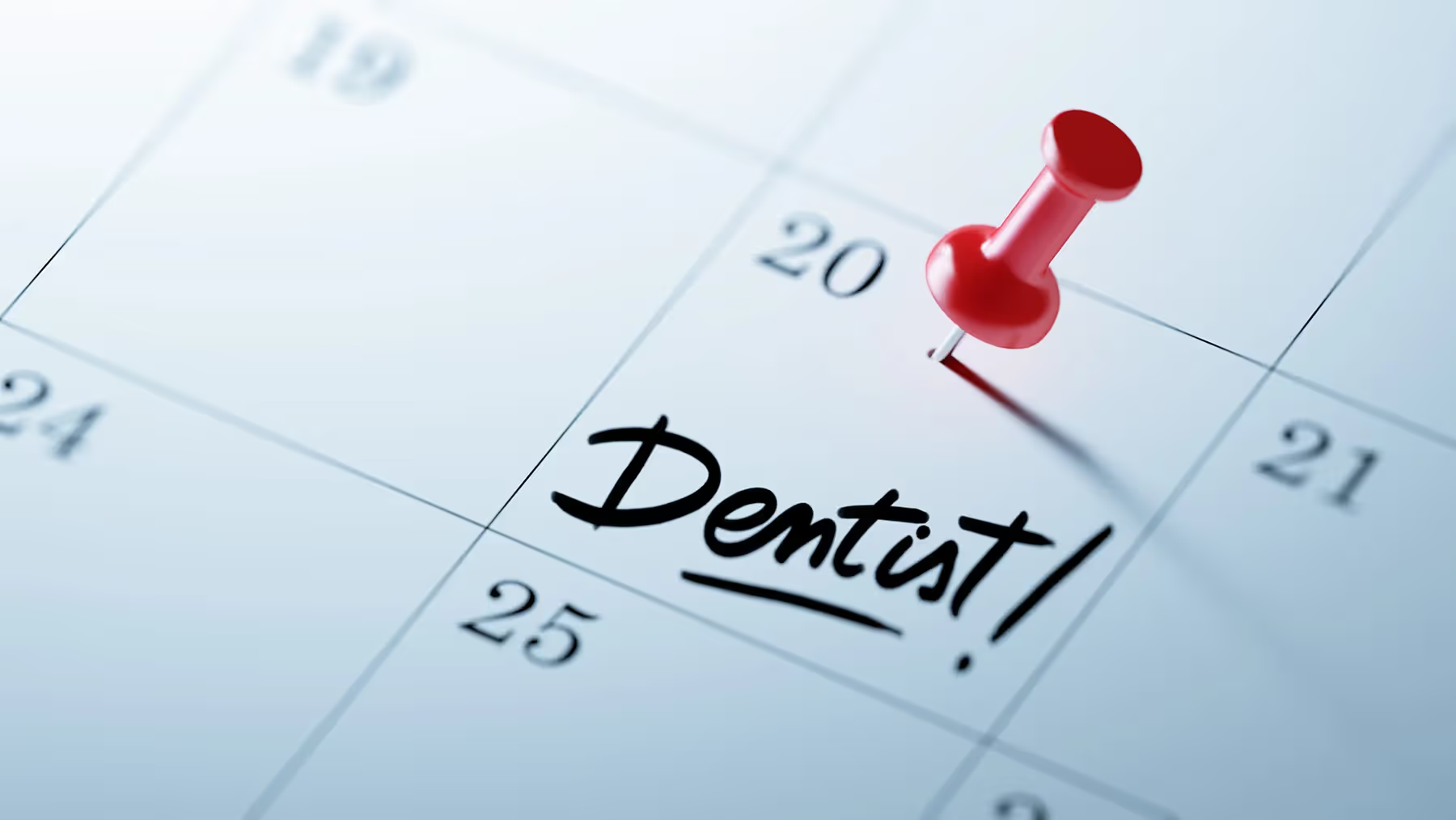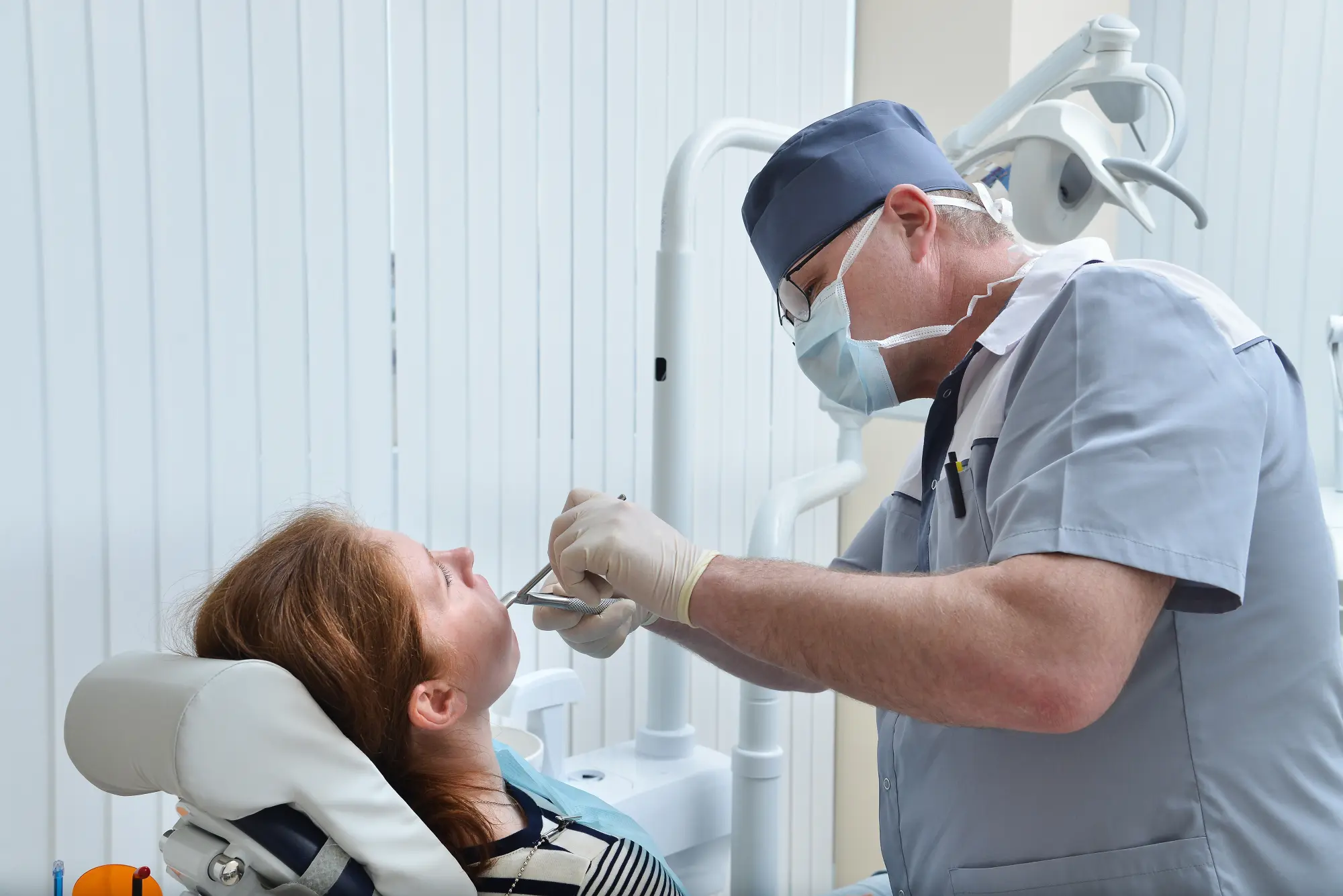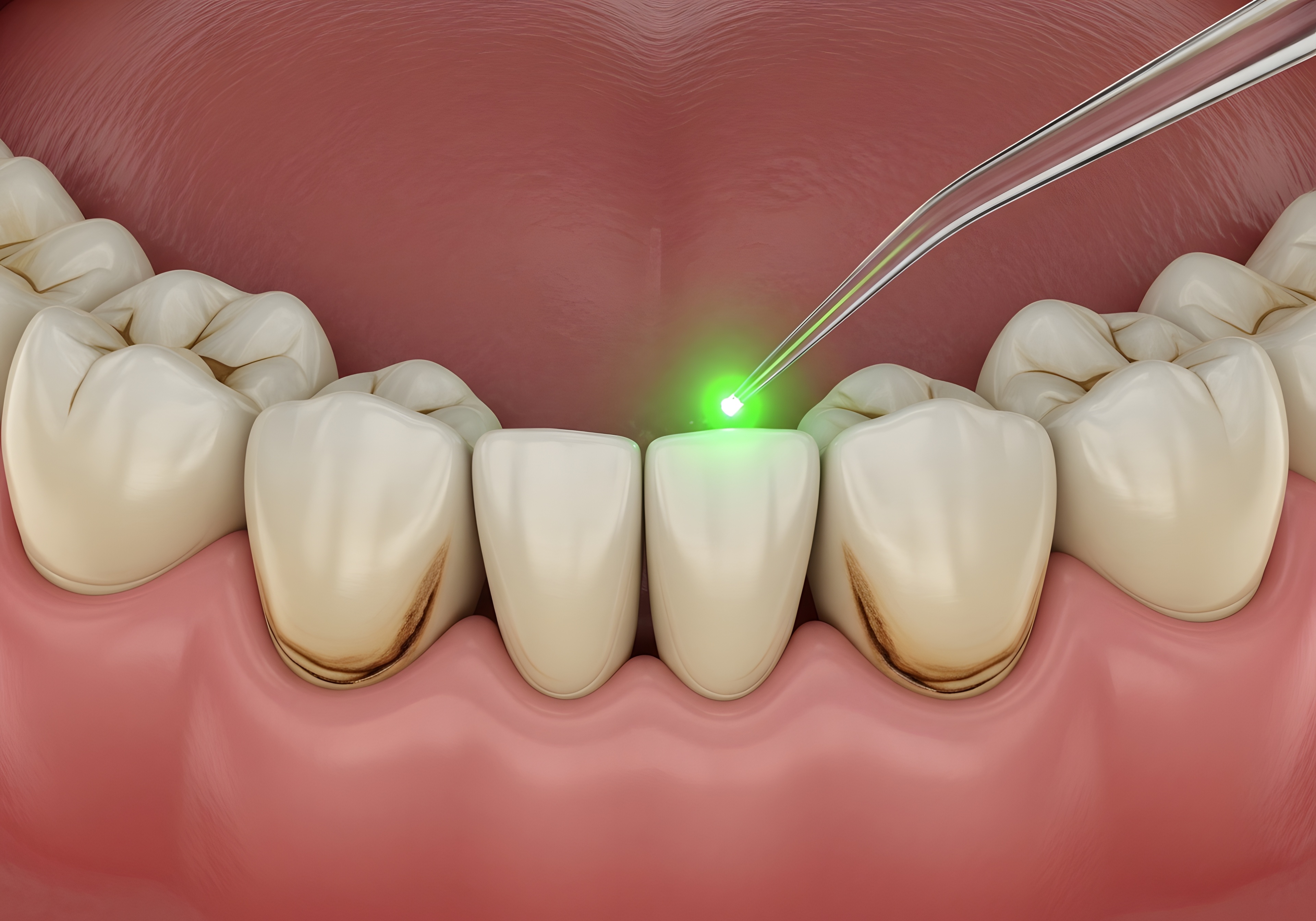
Seven Easy Steps To Reduce Cancellations In Your Dental Practice
Published On
September 18, 2025
Author
Introduction
Are you someone who is practicing dentistry? If so, do you wish to know what are some easy and effective seven steps to reduce cancellations? There is no doubt that having to cancel appointments or, even worse, having to turn away new patients can be a huge source of frustration for any dental practice.
Whether it's due to scheduling conflicts, emergency situations, or simply being overbooked, cancellations can mean lost revenue and a decrease in patient satisfaction. To ensure that you don't lose out on potential revenue and that your patients have the best possible experience at your practice, here are seven easy steps to reduce cancellations in your dental practice.
Why is it Important to Reduce Cancellation in Your Dental Practice?
Before we start talking about the seven steps, let us take a look at the importance. Cancellation is an unavoidable problem in the dental industry, but if not managed properly, it can lead to significant losses for dental practice. Here are some reasons why it's important to reduce cancellations:
1. Lost Revenue
Canceled appointments mean lost revenue for the dental practice as they have taken time out of their busy schedule only to have their appointment canceled at the last minute. This means potential patients may not book future appointments with you because of a bad experience or lack of availability.
2. Poor Patient Experience
Canceling appointments at the last minute can cause frustration among patients and create a negative experience for them. This can lead to a loss of trust and loyalty from them which can hurt your business in the long run.
3. Time Wasted
Canceled appointments also the waste time that could otherwise be used by other patients or on administrative tasks such as billing and insurance claims processing.
Seven Steps
1. Create Clear and Easy Scheduling Policies
The first step to reducing cancellations is to create clear and easy-to-understand scheduling policies. Be sure to make these policies transparent right from the start so that your patients know what to expect when they come in for their appointment. Include all the necessary details, such as how far in advance you need to be notified about a cancellation, what forms of payment you accept, and what penalties might be imposed if a cancellation occurs without sufficient notice. Making these policies clear from the beginning will help ensure that everyone understands what is expected from them and will help prevent last-minute cancellations.
2. Automate Your Scheduling Processes
Another great way to reduce cancellations is to automate as much of your scheduling process as possible. Automation will help reduce manual errors and free up time for more important tasks, such as caring for your patients.
Automation also provides an efficient way to remind patients of their upcoming appointments, send out confirmation emails or text messages, and follow up with those who don't show up on time. Automation makes it easier for everyone involved and can help reduce no-shows and last-minute cancellations.
3. Offer Convenient Appointment Times
Offering convenient appointment times is another great way to reduce cancellations in your dental practice. Consider offering early morning, late evening, or even weekend appointment times, depending on the needs of your patient base.
This will allow your patients to schedule appointments at times that work best for them and can help reduce the likelihood of a cancellation due to an inconvenient time slot or conflicting obligations.
4. Utilize Reminder Systems
Utilizing reminder systems is one of the most effective ways to reduce no-shows and last-minute cancellations. These reminders can be sent via email, text message, or even through traditional mail, depending on your preference.
Be sure to include all the necessary details, such as appointment date, time, location, contact information, and any other pertinent information you feel is important for your patients to have before coming in for their appointment. Reminders also provide an easy way for you to contact a patient if they don't show up on time or if they cancel at the last minute.
5. Make Payment Processes Easier
Making payment processes easier is another great way to reduce cancellations in your dental practice. Consider offering online payments or automatic billing options so that patients don't have to worry about making payments at their appointment time or having sufficient funds available when they come in for their appointment.
This will help ensure that payment is taken care of ahead of time, and there won't be any surprises when it comes time for them to pay their bill. Additionally, providing multiple payment options will make it easier for your patients and may help reduce no-shows or last-minute cancellations due to the lack of funds available at their appointment time.
6. Keep Communication Lines Open
Keeping communication lines open between you and your patients is essential when it comes to reducing cancellations in your dental practice. Letting them know what services you offer, what procedures may be necessary during an appointment, any changes in policies or procedures that they should be aware of beforehand, etc., all help keep everyone informed and helps ensure a smooth visit every time they come into the office
Additionally, it provides an easy way for them to ask questions if they have any prior to their appointment, which can help reduce last-minute cancellations due to confusion or uncertainty about what services they'll be receiving during their visit.
7. Review Cancellation Policies Regularly
Finally, reviewing cancellation policies regularly helps keep everyone up-to-date on current expectations and requirements when it comes to canceling appointments at your office which can help further reduce last-minute cancels due to unanticipated changes in policy or procedure.
Having written policies in place also helps ensure consistency between visits which helps build trust between you and your patients, further reducing the likelihood of unexpected cancels or no-shows due to misunderstandings or miscommunication between both parties involved.
Conclusion
So there you go, folks! Cancellations can mean lost revenue and decreased patient satisfaction so taking proactive steps toward reducing these occurrences is essential for any dental practice looking to provide top-notch care while still turning a profit each year.




